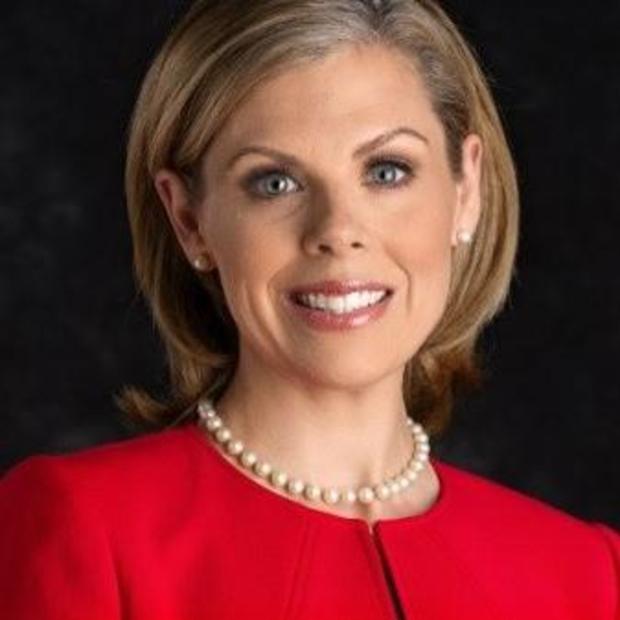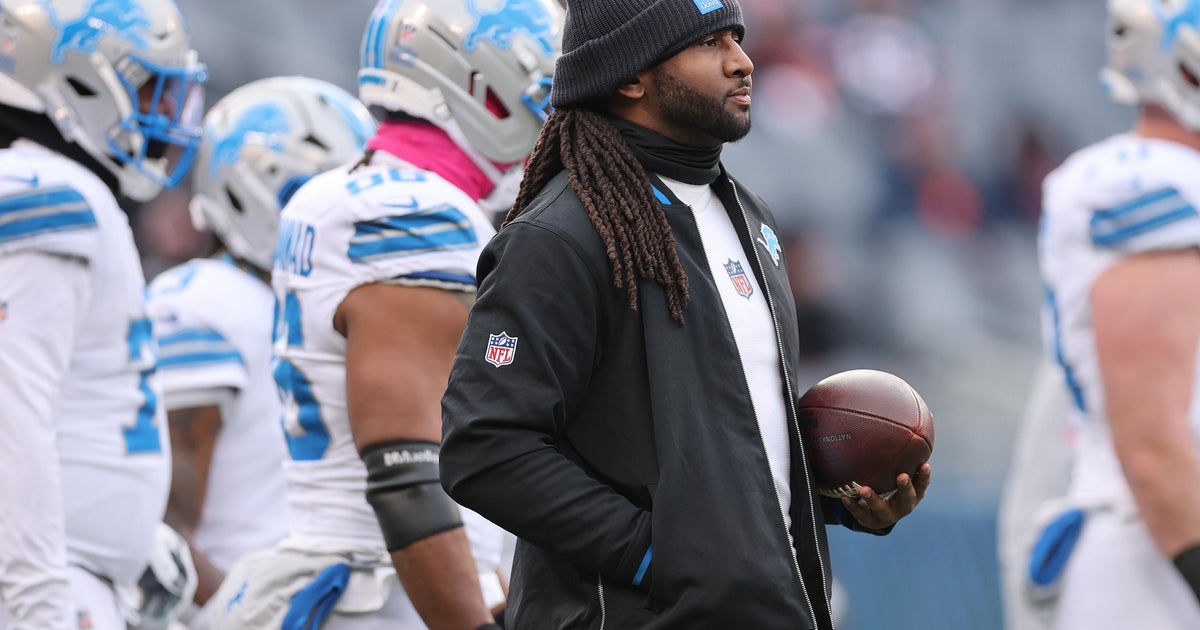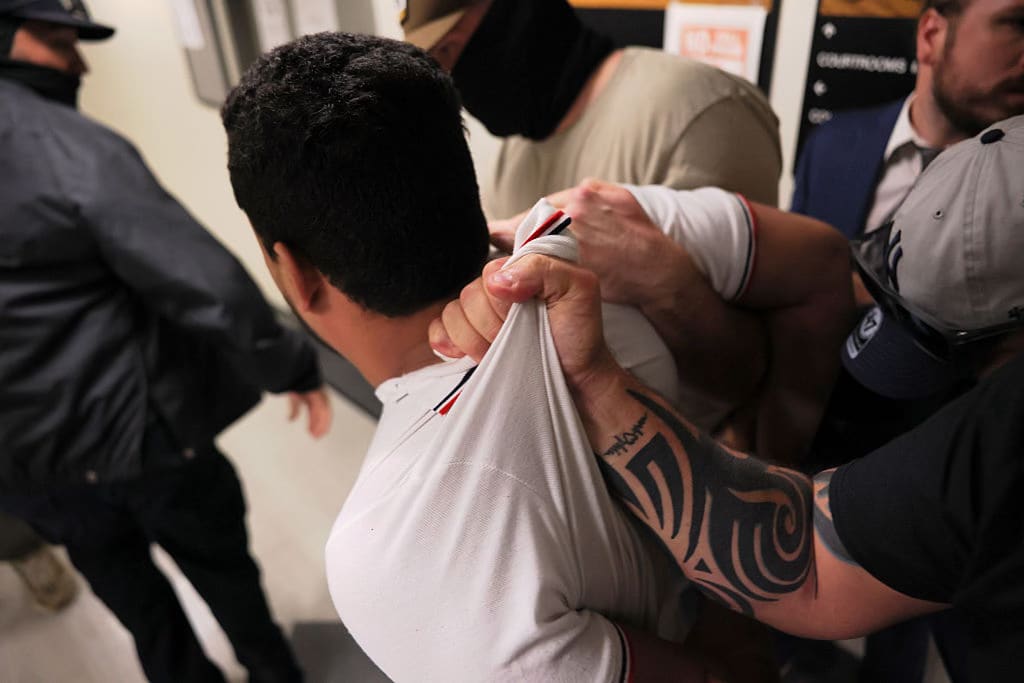What Delta wants in job seekers: New skills
At Delta Air Lines (DAL), the competition for flight attendant positions is exceptional. According to Jennifer Carpenter, Delta's global head of talent acquisition, less than one-half of 1 percent of those candidates get hired. The odds may be slightly better for other positions, but job seekers can dramatically improve their chances by looking at hiring from the employer's point of view.
Carpenter recently spoke with CBS News.com's Steven Greenberg and shared her expert job search advice, including how to fix a common resume mistake and why you might want to rethink whether you should change jobs at all.
Edited excerpts of their conversation follow.
Greenberg: It's easy for candidates to think, "Well, I'm not a pilot or a flight attendant, so Delta is probably not an employer for me to consider." Tell me about the range of open positions at Delta.
Carpenter: Roughly 80,000 employees work together here at Delta to connect more than 180 million customers (and cargo!) to 306 destinations in 52 countries on six continents each year. World-class aviation isn't just about airplanes. It takes experts in information technology, customer service, pricing, operations, fuel trading, HR, marketing and predicative analytics -- just to name a few -- to work seamlessly together.
Apart from flight attendants, how many resumes do you receive on average for each open job?
The number varies by the availability of talent skilled in the locations and job functions we're hiring. For a more traditional customer service role, we typically receive more than 10,000 applicants vs. a niche information technology role, we may review closer to 100 candidates.
What's the one thing you look for on a resume that candidates might not realize is important?
White space! Many job seekers cram as much content into narrow-margined resumes as possible, thinking "more is better." Your resume is your calling card, a first introduction, and should be easy to review and digest the key points. A recruiter can't do that if they're squinting to read a block of text. Lead with your "A" material that's most relevant for the position and save the "B" material, which may be interesting yet supplemental, for your first conversation.
What can candidates do to stand out among the crowd of applicants? Have you ever seen a candidate do something really creative and inspired?
The candidates that stand out are those most networked. Do you know someone at Delta? If not, can you do some research to build relationships with people before you even apply? People who demonstrate a curiosity in what we do and make an effort to get to know people already working at our company stand out.
What's the best question that a candidate has ever asked you in a job interview?
My personal preference is, "What are the team's top priorities, and how will this role help to achieve them?" This question demonstrates interest and understanding in the importance of prioritization and team goals, and opens up avenues to help both the candidate and the hiring manager explore the type of work to be performed and how the candidate's skills can accelerate achievement of the team's priorities.
Most candidates don't even consider the hiring process from the employer's point of view. If a candidate tried to get a job on your team tomorrow, what do you think would surprise them most about the challenges you face in trying to hire the best candidates?
One thing that may surprise candidates is that the "right" candidate may not be the one with the spot-on skill match to the job description. When I'm hiring for my team, I assess how the skills and experiences a person offers will complement others on the team. I ask myself, "How will this individual add to the diversity of thought and experiences we already have?" I don't want to hire someone that thinks like me -- that job is already taken!
The advice I would give to a candidate is to seek to understand the skills others on the team already have, and make a case for how your background will complement and help to round out the team you would be joining.
How do you see the Delta's hiring needs changing in the coming years?
Delta's hiring needs are constantly evolving to keep pace with the dynamic nature of our business and the exponential rate of change technology is driving across not only the airline industry, but all industries. For example, if you're an IT professional, I can't think of a better place to tackle challenging issues and be inventive and creative than at Delta.
You received over 300,000 applications for over 1,000 flight attendant jobs last year. That's a less than a one-half of 1 percent acceptance rate! Tell us about how future applicants can maximize their chances of success. Is there any prior experience that's particularly valuable?
Yes, the hiring experience for flight attendants is extremely competitive. We have found that those who demonstrate an aptitude and enthusiasm for delighting customers do well. Flight attendants participate in an immersive training program to teach them the skills they need to excel on the job, so it's less about a particular skill set. We're seeking clear communicators and those who relish the role of being a Delta ambassador to our customers.
You spent most of your career at Accenture, a company with offices all over the world. How do different cultures impact the hiring process?
While different cultures and the competition for certain skills vary wildly from country to country, one thing I know to be true: People are people. We all want to be treated respectfully and have our voice heard -- no matter where we call home.
At Accenture and now here at Delta, I have observed that recruiting teams work tirelessly to treat others as they would want to be treated. However, the sheer volume of applicants is a constant challenge. I'm optimistic that new technologies available to recruiters will increase transparency for candidates and help recruiters deliver a truly reciprocal experience for all. It's a bit ironic that emerging technology is going to enable us to be more human, not less.
Did you learn anything from a particular global experience that's useful to incorporate here in the U.S.?
I've spent over 20 years seeing the world as a global marketplace filled with talented people and have exclusively worked with teams from around the globe since graduating from college. My self-declared superpower is the ability to work across 16 time zones in a single day!
Although the nightly news is filled with stories of those seeking to divide us, my personal experience is that we are stronger together and that talent knows no border. To tackle the very complex problems we face now and into the future, we need diverse teams of people working toward common goals to innovate and prosper.
Best piece of advice you would give to candidates that they may have not heard before.
Stay where you are! So often, candidates are simply running away from a job that they don't like vs. intentionally running toward something that will help them grow and keep them climbing in their careers.
If you fall into the former camp, identify what you don't like about your current situation and seek solutions to improve it. Take the initiative to propose taking on a new assignment or project, training someone else to take on some aspect of your role to help them develop new skills, etc. The worst thing your leader could say is, "no," but I bet you will find most will be impressed by well-formulated ideas to help you and the team be more productive and satisfied.
Steven Greenberg is the host of CBS News Radio's "Your Next Job," a daily feature offering career-related news and advice. He's also a consultant to HR tech company Traitify.com. Send him your career questions at greenberg@traitify.com.






